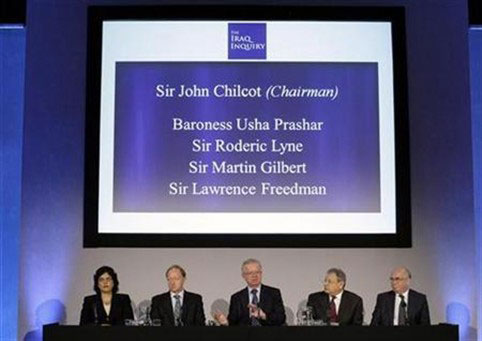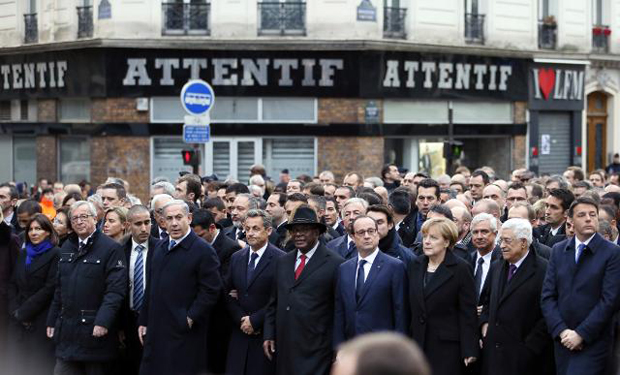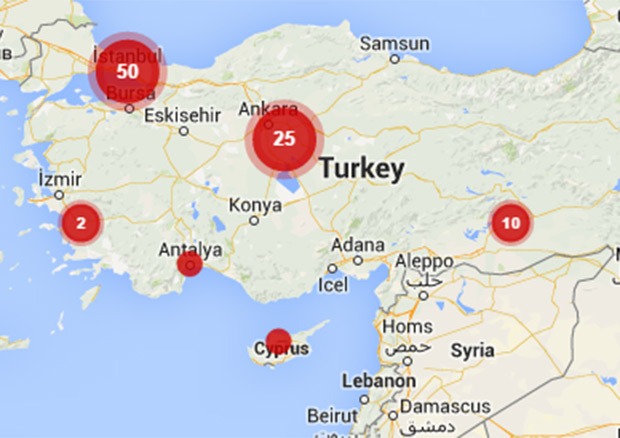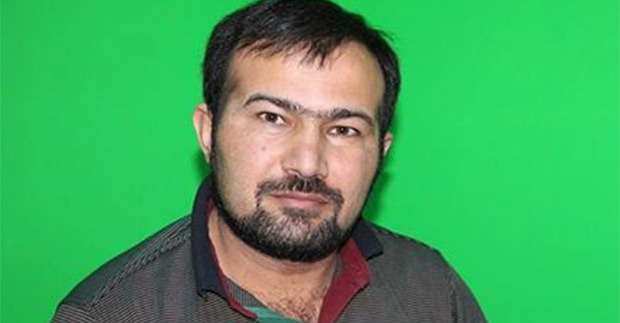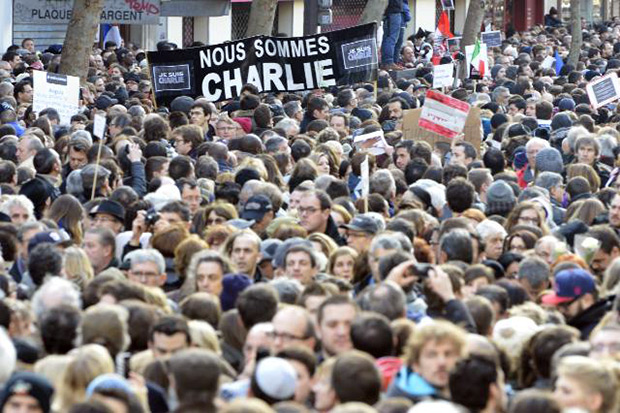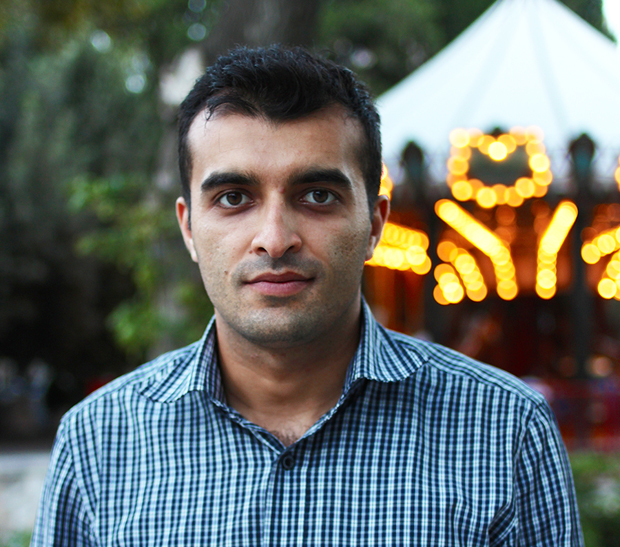Despite his repeated assertions that it is nothing to do with him, it is now clear that British Prime Minister David Cameron not only has the power to hold back the long-awaited Chilcot Inquiry into the UK’s involvement in the Iraq war until after...
